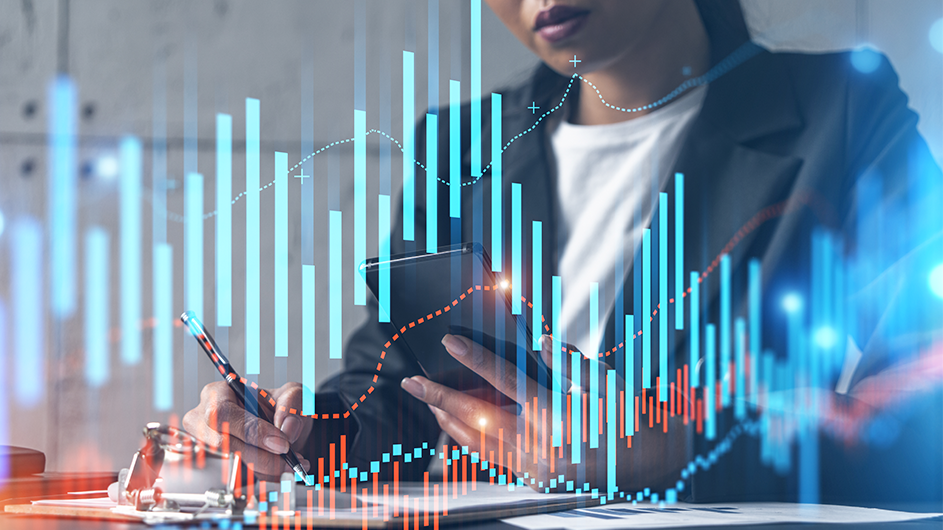Columbians Offer Their Insights on Inflation, Recession, and the Economy
The economic forecast is gloomy and confusing. Faculty members and researchers offer analysis and advice.

You see it in the headlines and feel it in your pocket: inflation is a reality, the S&P 500 is in a bear market, and anxiety about a recession looms. How do you make sense of it all while managing your own personal finances?
Learn what Columbia faculty members and researchers have to say about the current economic picture.
This article will be updated as more news clips become available.
Multiple Factors Are Contributing to an Unprecedented and Unpredictable Economic Situation
Adam Tooze, Kathryn and Shelby Cullom Davis Professor of History
Tooze recently unpacked our current economic predicament in the June 26 edition of his Chartbook newsletter.
Using data from The Bank of International Settlements, Tooze observed that not just one factor is causing this global “polycrisis.” COVID-related school closures, political instability, inflation, the war in Ukraine, debt, monetary policy, and other financial setbacks might (or might not) usher in a “hard-landing,” economically and societally. Tooze noted, "In the current conjuncture, if you aren’t puzzled, you don’t get it."
What Should You Do With Your Personal Investments During a Bear Market?
Laura Veldkamp, Cooperman Professor of Finance and Economics, Columbia Business School
“Do not sell right now unless you absolutely need that money." Veldkamp noted on CNBC on June 14. "If you’re a young person who’s putting some stocks in a 401(k) for retirement, don’t worry about this. Just keep doing what you’re doing.”
Investors Cannot Count On Everything Going Up
Abby Joseph Cohen, professor, Columbia Business School
For many years, investors could count on the value of their portfolios always rising. Those days are over, noted Abby Joseph Cohen in a June 22 article on Bloomberg. Asset managers will need to pay more attention to fundamentals and take more calculated and better researched approaches to investments.
Gas Prices Are Hurting Household Budgets, Especially For People Who Drive To Work
Mark Cohen, professor and director of retail studies, Columbia Business School
For people who live paycheck to paycheck and who have to drive to work, they "are definitely seeing this [gas price increases] have an enormous effect on what’s left in their wallet,” said Cohen in a June 23 Vox article.
Price Increases for Essential Products Will Slow, But Not Necessarily Drop
Laura Veldkamp, Cooperman Professor of Finance and Economics, Columbia Business School
"It’s kind of like the car is slowing down, but we’re not throwing the car into reverse," Veldkamp told Marketplace on June 13.
Stimulus Checks Might Be Helpful in the Next Recession
Zach Parolin, postdoctoral research scientist, Center on Poverty and Social Policy
Stimulus checks made the pandemic-era recession less severe, Parolin told CNBC on June 22, lifting more than 11.7 million Americans out of poverty.
"If economic shocks put the economy at risk, then stimulus checks will certainly be a tool that the federal government considers applying," said Parolin.
The Instability of Cryptocurrencies, Exposed
R.A. Farrokhnia, adjunct associate professor, Columbia Business School
Cryptocurrencies have taken a hard hit this past year. As investors seek less risky investments. "This creates a cascade effect on top of the contagion effect,” said Farrokhnia in The New York Times on June 18.